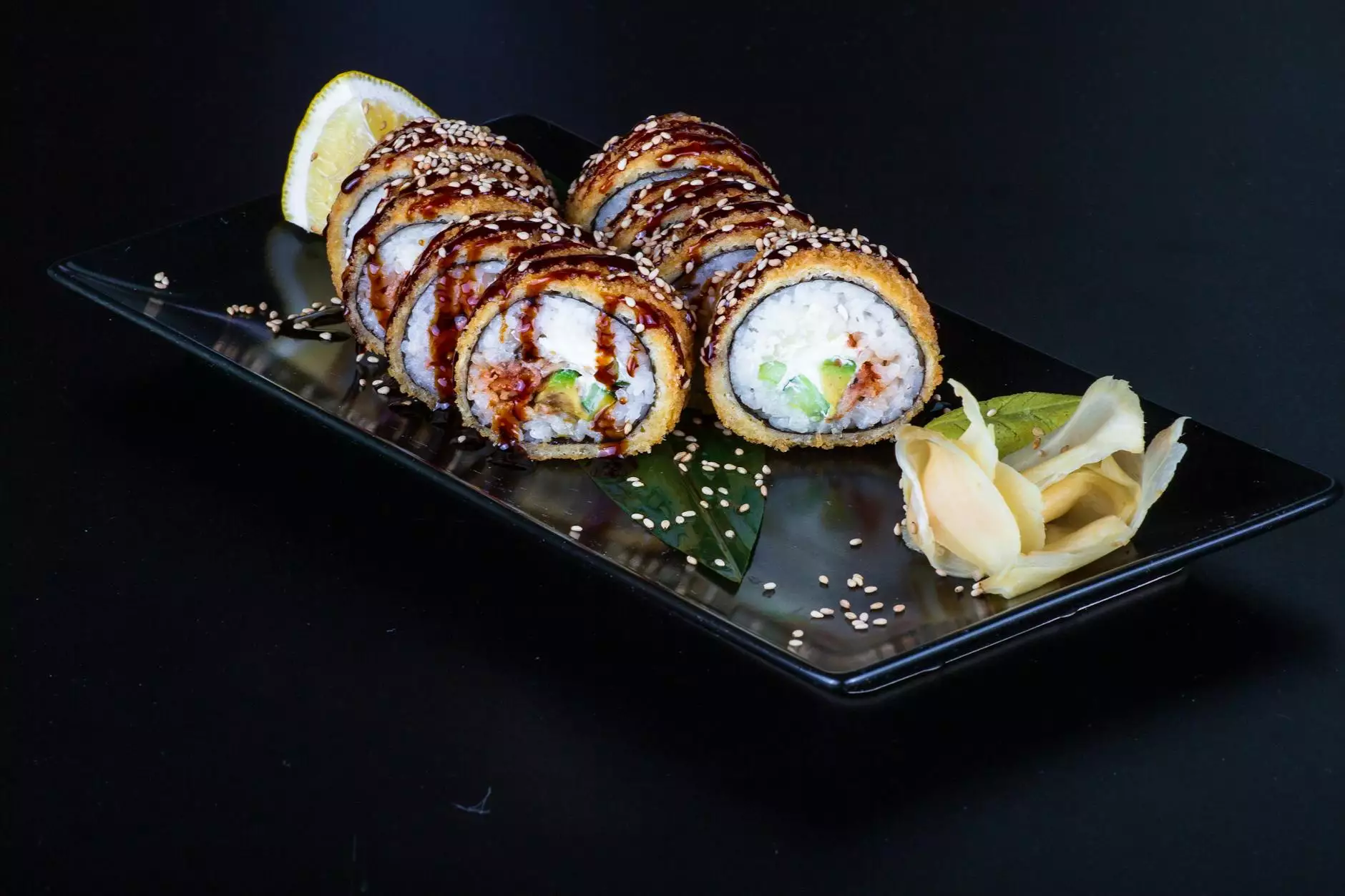Understanding Wasabi Powder Price: Your Guide to Quality and Value

Wasabi powder, a staple in Japanese cuisine, has gained popularity around the world for its unique flavor and health benefits. As more people discover this vibrant green condiment, many are curious about the wasabi powder price and what influences it. This article will delve into the various aspects of wasabi powder pricing, helping you make informed decisions whether you're a consumer, restaurant owner, or sushi bar enthusiast.
What is Wasabi?
Wasabi, known scientifically as Wasabia japonica, is a plant native to Japan that belongs to the Brassicaceae family, which also includes mustard and horseradish. Real wasabi is made from the rhizome of the wasabi plant and has a distinct, pungent flavor that adds a unique kick to sushi and other Japanese dishes.
However, what is commonly served in many restaurants is often a mixture of horseradish, mustard, and green dye, as true wasabi can be quite rare and expensive due to the specific growing conditions it requires.
Factors Influencing Wasabi Powder Price
1. Authenticity of the Product
The first and most significant factor influencing the wasabi powder price is the authenticity of the product. Authentic wasabi powder is derived from the real wasabi plant and typically commands a higher price compared to substitutes made from horseradish. This authenticity not only adds to the flavor profile but also appeals to consumers who value premium ingredients in their culinary experiences.
2. Origin and Cultivation Practices
Wasabi is notoriously difficult to cultivate. It requires specific conditions: cool running water, shade, and a particular type of soil. The primary producers of genuine wasabi are located in Japan, mainly in the regions of Ibaraki and Nagano. These geographical factors contribute to variations in pricing due to limited supply. Furthermore, the methods of cultivation (organic vs. conventional) can also affect cost.
3. Processing and Packaging
The processing methods used to create wasabi powder play a crucial role in its final pricing. High-quality wasabi powder undergoes minimal processing to retain maximum flavor and nutritional content. Additionally, eco-friendly packaging and branding can also influence pricing in today’s environmentally conscious market.
4. Supply and Demand Dynamics
As with any product, the supply and demand dynamics significantly impact the wasabi powder price. With the rising global interest in sushi and Japanese cuisine, demand for authentic wasabi is on the rise. Unfortunately, supply has not always kept pace, particularly due to climatic challenges and the labor-intensive growing process, leading to higher prices.
Comparing Prices: Authentic vs. Imitation Wasabi
When navigating the market for wasabi products, you will encounter both authentic wasabi powder and imitation wasabi. It's essential to understand the price differences:
- Authentic Wasabi Powder: Typically priced higher, ranging from $30 to $100 per pound, based on quality and origin.
- Imitation Wasabi Powder: Usually priced between $10 and $20 per pound, made from horseradish and other additives.
How to Choose Quality Wasabi Powder
Selecting the right wasabi powder is crucial for both culinary professionals and home cooks. Here are some tips for ensuring you choose quality products:
1. Check the Label
Always read the product label. Authentic wasabi products will proudly display their origins and may even detail the cultivation practices used.
2. Look for Certification
Many high-quality wasabi powders come with certifications indicating organic practices or authenticity from known wasabi farms. Look for these attributes when making a purchase.
3. Research the Supplier
Purchasing from reputable suppliers such as RealWasabi.com ensures you receive genuine products. Reviews and testimonials can help you gauge the reliability of a seller.
Incorporating Wasabi Powder in Your Culinary Ventures
Wasabi powder is incredibly versatile and can be used in various recipes beyond sushi. Here are some ideas to enhance your dishes:
1. Sushi and Sashimi
It's a classic pairing—mix wasabi powder with water to create a paste that complements sushi and sashimi.
2. Dressings and Dips
Add a touch of wasabi powder to salad dressings or dipping sauces to elevate their flavor profiles. It works particularly well in soy sauce-based dips!
3. Marinades and Glazes
Incorporate wasabi powder into marinades for meats and fish, providing a spicy kick that enhances your grilled dishes.
The Health Benefits of Wasabi
Aside from its unique flavor, wasabi also offers several health benefits:
- Anti-inflammatory Properties: Rich in antioxidants, wasabi can help reduce inflammation in the body.
- Antimicrobial Effects: Some studies suggest that wasabi has properties that can inhibit the growth of certain bacteria.
- Respiratory Benefits: The pungency of wasabi can help clear sinuses and improve respiratory function.
Conclusion
Understanding the wasabi powder price is essential for making informed decisions, whether you're a restaurateur, sushi bar owner, or a culinary enthusiast eager to explore authentic Japanese flavors. By considering factors such as authenticity, origin, supply and demand, and quality assurance, you can appreciate the true value of wasabi powder in your culinary repertoire. As you explore the dynamic marketplace, remember that investing in quality products not only enhances your dishes but also contributes to a greater appreciation of Japanese cuisine.
Discover the exquisite flavors of real wasabi by visiting RealWasabi.com today!



